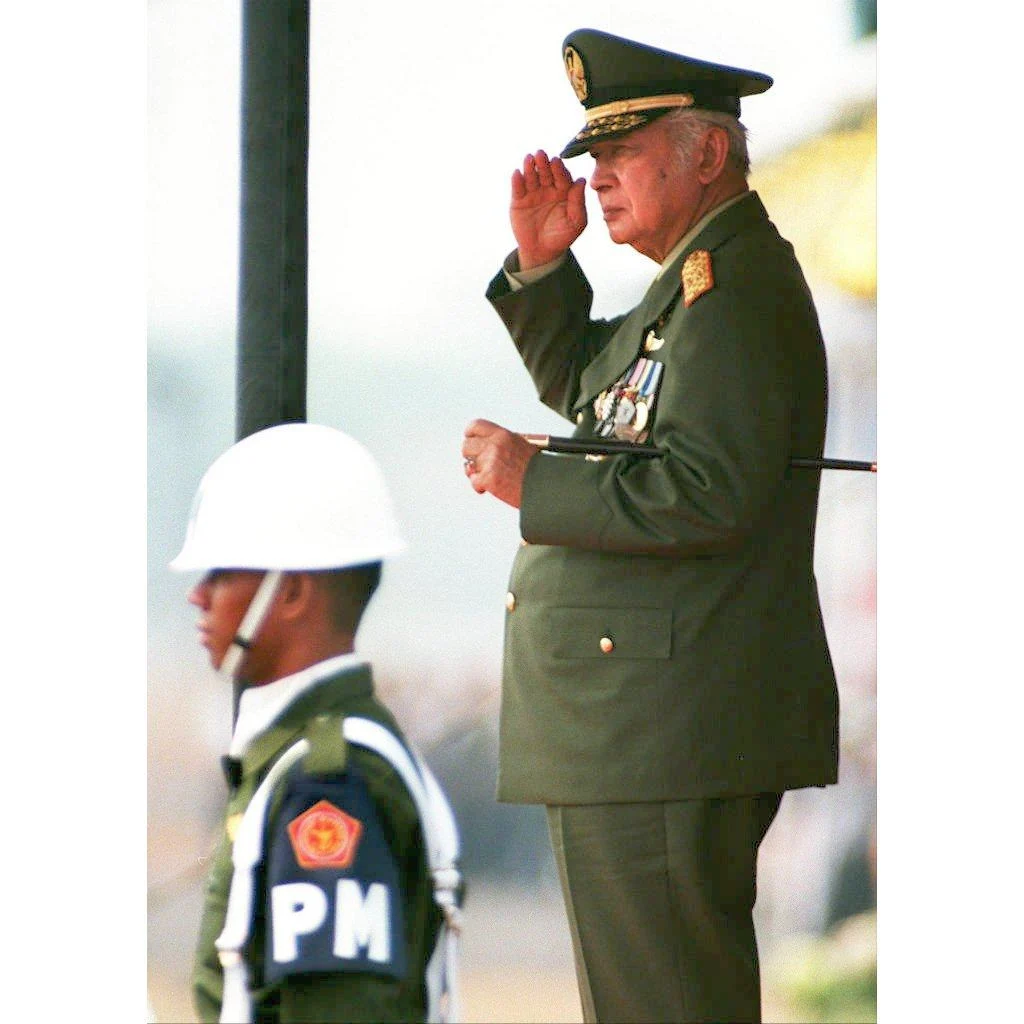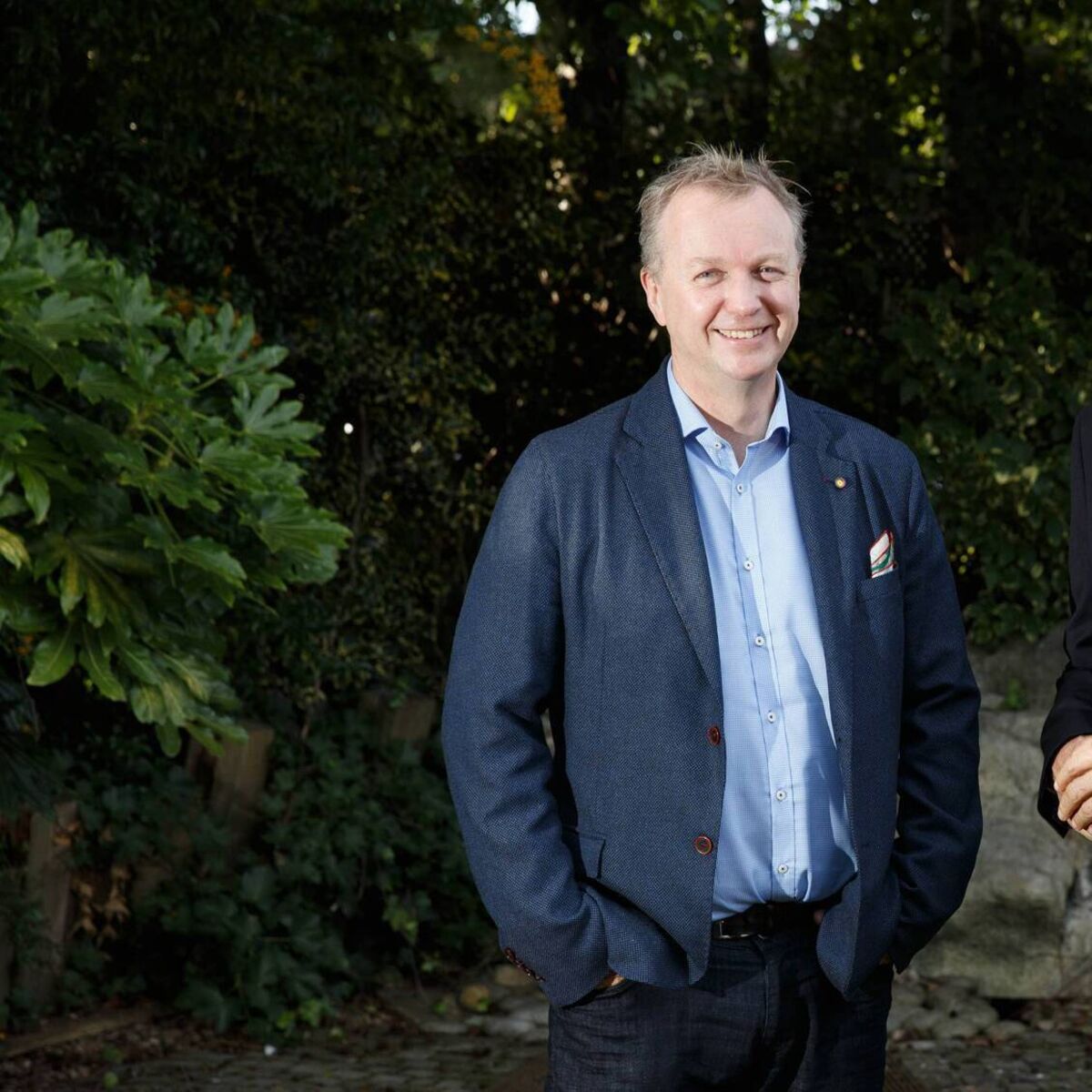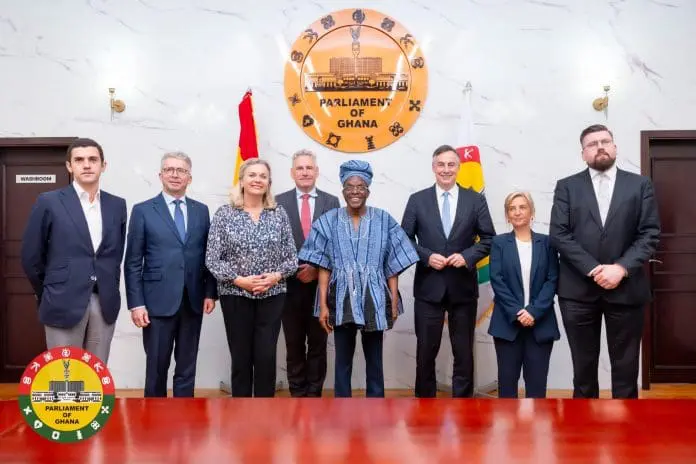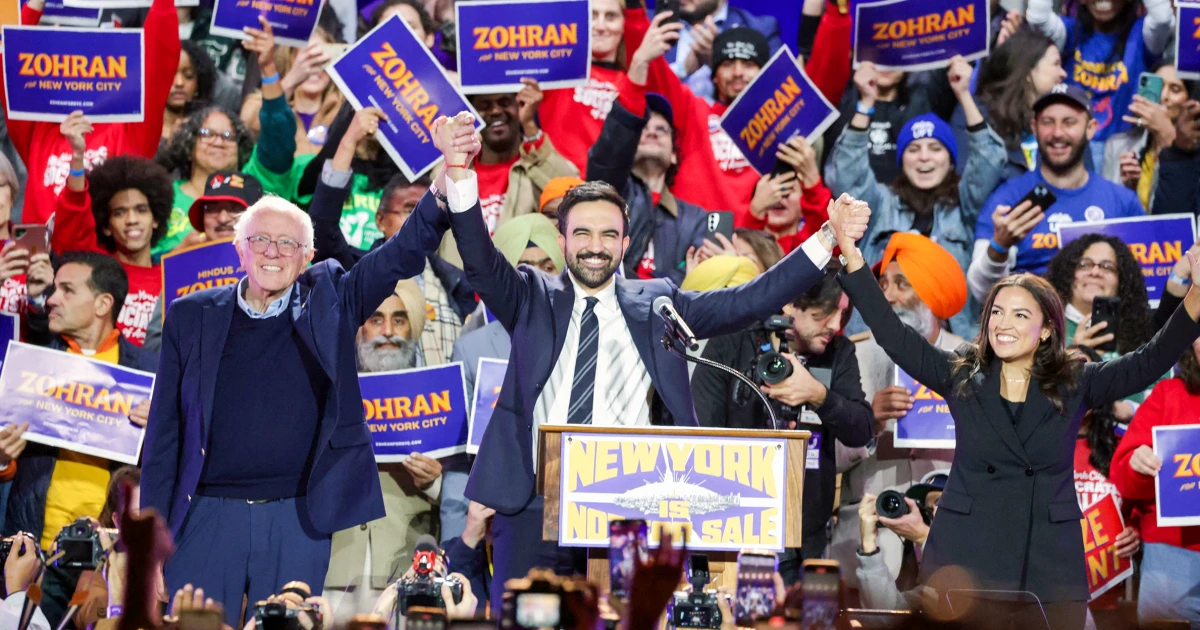Copyright scmp

Indonesia’s move to name Suharto a national hero has revived debate over the country’s uneasy relationship with authoritarianism and whether the legacy of a brutal yet transformative ruler should be celebrated. President Prabowo Subianto, Suharto’s former son-in-law, conferred the honour on Monday, drawing sharp criticism from historians, academics and human rights organisations, who argue the move sanitises one of Southeast Asia’s most repressive regimes. But the muted public reaction also reflects how, for many Indonesians, Suharto’s three-decade rule was synonymous with growth, stability and national pride. Suharto was a “successful autocrat”, Yohanes Sulaiman, an associate professor of international relations at Jenderal Achmad Yani University in West Java, told This Week in Asia. “He is not a failed tin pot dictator like [Zimbabwe’s Robert] Mugabe and [Congolese dictator] Mobutu … who only excelled in destroying the country while abusing their population,” Yohanes said. “That is what makes it difficult to completely oppose his nomination.” Suharto, who died in 2008 aged 86, gradually seized power following a violent purge of alleged communists, ruling Indonesia from 1967 until 1998. His regime was marked by endemic corruption, cronyism and severe repression that claimed hundreds of thousands of lives. Yet he also presided over decades of rapid development, establishing himself as one of Asia’s most economically successful autocrats. Contested hero Last week, around 500 civil society members, activists and academics published an open letter to Prabowo requesting he not proceed with the nomination. They described the designation as a betrayal of Suharto’s victims and of democratic principles, warning that it distorted historical truth. Prabowo’s office maintained that the president was within his rights to bestow such honours as he saw fit. During Suharto’s rule, Indonesia’s economic indicators improved markedly: the economy grew at an average annual rate of 7 per cent, poverty dropped from as high as 45 per cent in the 1970s to 11 per cent by 1996, and first declared rice self-sufficiency in 1984. Inflation fell from an estimated 630 per cent in 1966 to below 9 per cent by 1972, while per capita gross domestic product rose from around US$50 in 1967 to over US$1,000 by 1997, according to World Bank data. Fellow autocrat Park Chung-hee, credited with South Korea’s industrial transformation, is likewise remembered for his suppression of dissent and imprisonment and execution of opponents. Robert Mugabe’s policies in Zimbabwe, by contrast, brought hyperinflation and economic ruin, while Mobutu Sese Seko’s Zaire – now the Democratic Republic of Congo – was notorious for corruption and the siphoning of wealth to himself and his cronies. ‘Complex legacy’ Indonesia’s current government could safely disregard opposition to Suharto’s honorific elevation as opposition voices were “not that organised or threatening enough”, Yohanes said. He told This Week in Asia that he did not foresee mass demonstrations against the nomination because Suharto left a mixed legacy of authoritarianism and economic successes. Crucially, Indonesia’s two largest Islamic organisations – Nahdlatul Ulama and Muhammadiyah – have accepted Suharto’s nomination, according to Sulaiman. “Since they are not openly against the nomination, the government can simply ignore the rest of the opposition,” he said. Muhammadiyah has publicly supported the honour, citing Suharto’s role in Indonesia’s independence struggle and national development. Nahdlatul Ulama’s Secretary General and Social Affairs Minister Saifullah Yusuf has also signalled his backing, stating that the country’s second president meets all formal requirements for the title of national hero. Many Indonesians were largely unmoved by Suharto’s abuses as few had experienced them directly, Yohanes said, adding that supporters often contended that Suharto “saved the economy from mismanagement under Sukarno”, his predecessor and Indonesia’s first president. “So his complex legacy also helped him,” Yohanes said. Sukarno led the country from independence in 1945 until he was formally stripped of his power in 1967. His tenure was marked by widespread economic dysfunction, hyperinflation, ballooning deficits and stagnation. Normalising abuses? The national hero designation showed the enduring legacy Suharto held over Indonesian politics, said political scientist Tom Pepinsky, a professor of government specialising in Southeast Asian politics at Cornell University in the US. Prabowo, himself a former general and ex-husband to one of Suharto’s daughters, maintained close ties to key actors from the former regime, Pepinsky said. The conferral of the title to Suharto by Indonesia’s current president “confirms that the legacy of Suharto’s rule remains evident in Indonesian politics today”, Pepinsky added. Andreas Harsono, Indonesia researcher at Human Rights Watch, described Prabowo’s decision as deeply troubling, warning that it sends a dangerous message domestically and abroad. Prabowo has faced allegations of human rights abuses and war crimes while serving under Suharto and was dismissed from the army in 1998 for the abduction of student activists. “The failure to hold Suharto and his abusive generals to account facilitates the whitewashing and distortion of history that is now taking place under Prabowo,” Harsono said. “This will make it even harder for Indonesian authorities now, and in the future, to end impunity for serious human rights violations and obtain justice for the victims and their families.” Efforts to “canonise” Suharto could trigger a backlash, according to Julia Lau, a senior fellow and coordinator of the Indonesia Studies Programme at the ISEAS-Yusof Ishak Institute. The nomination had already split public opinion and could “normalise the unsavoury aspects of the Suharto era,” she wrote in a commentary on Monday. Should protests lead to instability “it may soon not be a past president’s image that needs rehabilitation but the present’s,” Lau said. Additional reporting by Agence France-Presse



